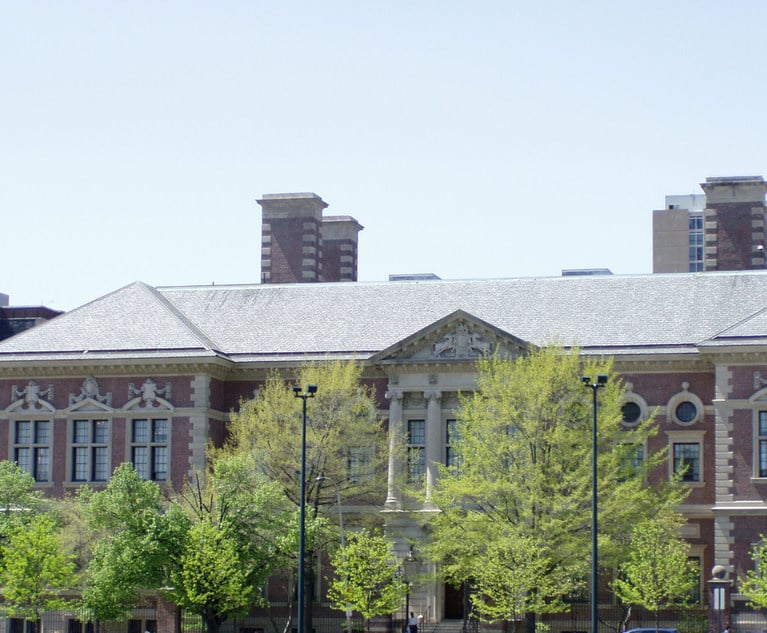On June 27, the U.S. Supreme Court overruled more than 40 years of established precedent by handing down a decision in favor of nonunion member public employees. In Janus v. AFSCME, the court ruled that the First Amendment prohibits public employers, such as public school districts, from deducting fair share fees from the wages of nonunion members without their express consent. The following are the most important takeaways from that decision.
- The First Amendment prohibits public employers from taking automatic fair share fee deductions from nonunion member wages.
Mark Janus, an Illinois state employee and nonunion member, objected to the regular deduction of agency fees (also called fair share fees) from his paycheck. An Illinois statute authorized the payment of an agency fee levied against nonunion members to the exclusive representative of the employee’s bargaining unit. The fee was used to support nonpolitical union activities on behalf of the bargaining unit, including lobbying; social and recreational activities; advertising; membership meetings and conventions; and litigation as well as other unspecified services. Janus opposed many of the union’s positions and filed suit asserting his right against compelled speech under the First Amendment. The district court dismissed Janus’ complaint in view of the U.S. Supreme Court’s decision in Abood v. Detroit Board of Education. The Abood court determined that agency fees were acceptable and fair, since nonmembers reaped the benefits of union activities on their behalf. The U.S. Court of Appeals for the Seventh Circuit affirmed.


 Michael Puppio Jr., Raffaele Puppio.
Michael Puppio Jr., Raffaele Puppio.




